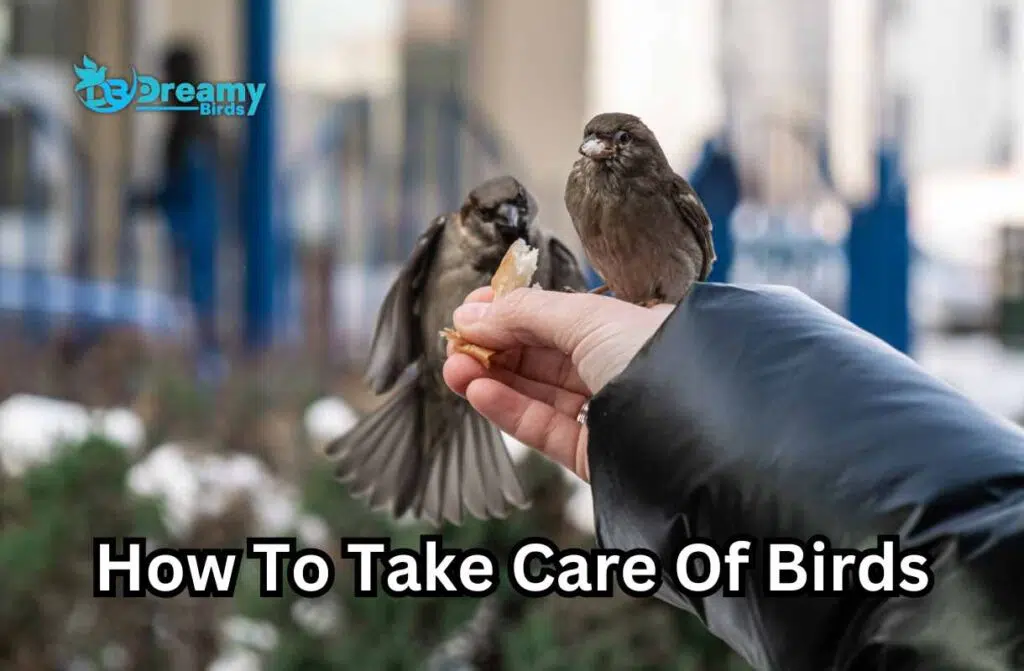Pulse of Information
Your source for the latest insights and updates.
Feathered Friends: Secrets to Happy and Healthy Birds
Discover the secrets to keeping your feathered friends happy and healthy! Unleash tips and tricks for vibrant bird care today!
Top 10 Essential Tips for Keeping Your Birds Happy and Healthy
Keeping your birds happy and healthy is essential for their well-being and longevity. Here are 10 essential tips to ensure your feathered friends thrive in their environment:
- Provide a spacious and clean cage to allow for movement and play.
- Offer a balanced diet rich in fruits, vegetables, and high-quality pellets.
- Ensure that your birds have access to fresh water at all times.
- Maintain a consistent routine to reduce stress.
- Spend time interacting with your birds daily to build a strong bond.
- Provide toys and enrichment activities to stimulate their minds.
- Schedule regular veterinary check-ups for preventative care.
- Keep their living area free from smoke, strong odors, and drafts.
- Introduce new birds slowly to avoid territorial disputes.
- Learn about their specific needs based on their species.
By following these 10 essential tips, you can create a joyful and healthy life for your birds. Remember, a happy bird is one that feels loved, secure, and is stimulated both mentally and physically. Always be observant of their behavior and make adjustments to their care as needed, ensuring that their environment remains a haven of comfort and joy.

Understanding Your Bird's Body Language: Signs of a Happy Friend
Understanding your bird's body language is essential for establishing a strong bond and ensuring their happiness. Birds communicate their feelings and emotions through various physical cues, and recognizing these signs can help you gauge whether your feathered friend is content. Happy birds will often exhibit behaviors such as relaxed body posture, fluffed feathers, and a cheerful chirping sound. Their posture will be upright, and they may engage in playful activities like climbing, swinging, or preening themselves with enthusiasm.
Another sign of a happy friend is their willingness to interact with you. Birds that feel safe and content will often seek your company and may show affection by nibbling at your fingers or resting on your shoulder. You might also notice them engaging in vocalizations, practicing their songs, or mimicking sounds, which indicates a playful and relaxed demeanor. By paying attention to your bird’s body language and vocalizations, you can better understand their emotional state and deepen your relationship with them.
What Should I Feed My Pet Bird? A Guide to Nutritious Avian Diets
Feeding your pet bird a nutritious diet is essential for its overall health and well-being. A balanced avian diet typically consists of a variety of foods, including pellets, fresh fruits, vegetables, nuts, and seeds. Each of these components plays a vital role in providing the necessary vitamins and minerals needed for your bird's growth and energy. For instance, pellets are formulated to deliver a complete nutritional profile, while fresh produce can introduce essential antioxidants and hydration. Aim to offer a mix that includes:
- High-quality pellets
- Fresh fruits such as apples, bananas, and berries
- Leafy greens like kale and spinach
- Vegetables such as carrots and bell peppers
- Occasional nuts and seeds for treats
Understanding your bird's species is crucial when deciding on its diet, as different types of birds have unique dietary requirements. Parrots, for example, thrive on a diet rich in fruits and veggies, while canaries may need more seeds and greens. Moreover, it's vital to avoid certain foods that can be harmful to birds, such as avocado, chocolate, and caffeine. Remember to always provide fresh food and clean water daily to keep your feathered friend happy and healthy. By ensuring your pet bird receives a mix of the right foods, you can help them lead a longer, more vibrant life.